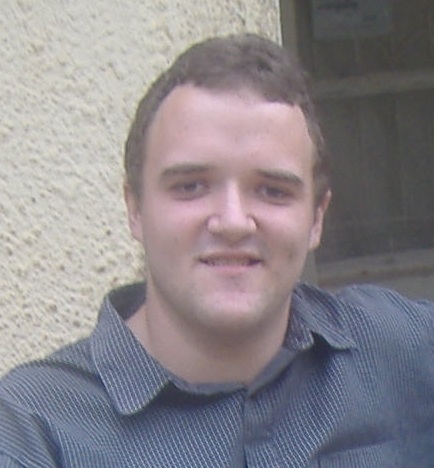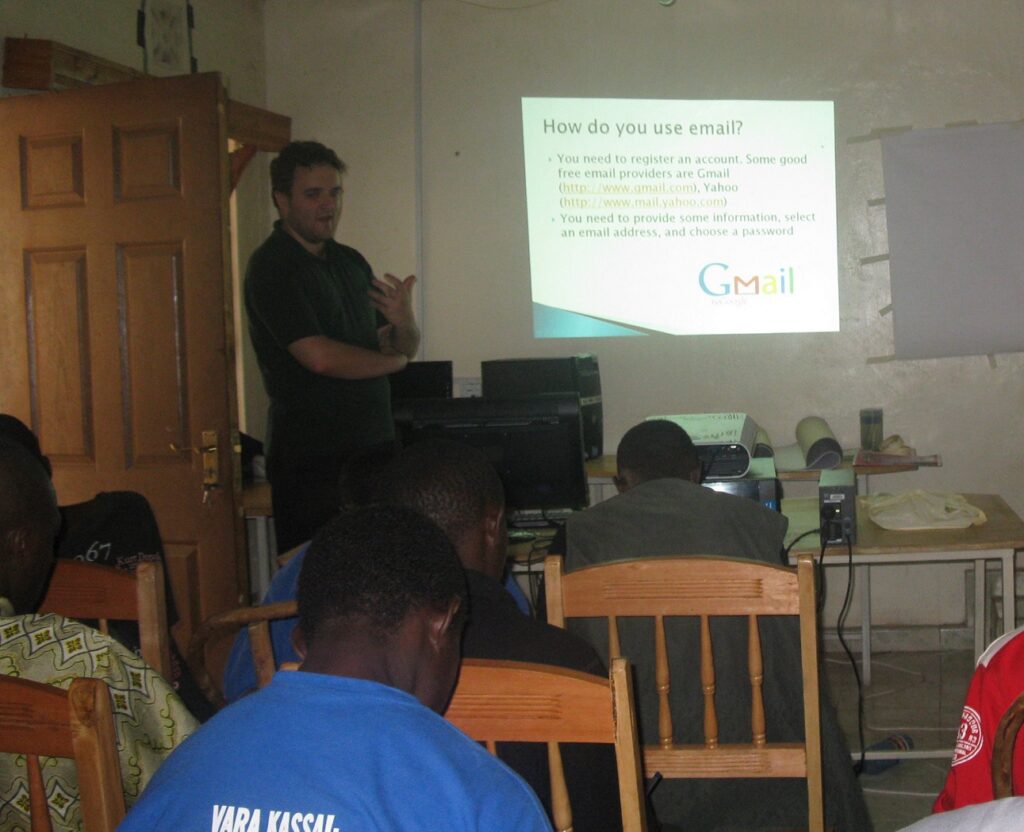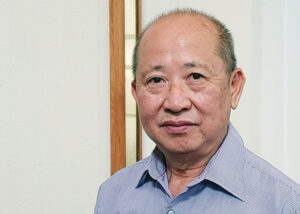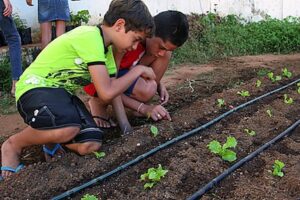Last year, during my last few months of university, I started thinking about what to do after graduation. Like many people my age, I wanted to travel and experience something different before settling down and joining the job market.
I decided to apply to the Mennonite Central Committee (MCC) Serving and Learning Together (SALT) program. My placement was at a computer lab in Kenya, where I helped with maintenance and teaching computer skills to young adults.
One of the unique aspects of this program is that MCC tries to have participants live with a host family. This was a great experience. Being able to ask my host family questions about unfamiliar things was a great comfort throughout the year. I learned many things about Kenyan life from them that I wouldn’t have picked up if I had lived on my own.
My host family’s home was quite modern, with running water and electricity. The town I lived in was big enough that there was a supermarket where I could buy most things I needed. I remember being surprised by how popular cell phones were; even in the smallest towns I visited, it was possible to buy air time.
Living and working in a different culture provided several challenges. Most people I met spoke English, but there were many people I couldn’t communicate with beyond a few greetings in Swahili. Being a minority was sometimes difficult, and after arriving I was soon tired of being called a mzungu (white person).
Working at a computer lab with slow Internet and unstable power also presented some challenges. Power outages were usually just a few minutes long, but about once a month the power would be gone all day.
Worshipping in a different church helped me develop my relationship with God in a different context. I attended English services at a church from the Africa Inland Church denomination. The style of worship was mostly comfortable, although the sermons were fairly charismatic and more often than not were often focused on something a person needs to do in order to be saved.
During my time in Kenya there were a number of questions I reflected on:
- What are the advantages and disadvantages of international service?
- Is my presence making a difference?
- Could I have saved some money and fossil fuel by serving in my home community instead?
I was more confident with my work when I left than after I arrived, and it is likely I could have made a greater impact if I had stayed longer. I think the work at the computer lab could have been done without me, but my being there made it easier. If nothing else, I think that my life and the lives of some others have been made richer by the relationships that were formed.
With regards to international service in general, I like MCC’s model of trying to work with local partners as much as possible. What works for the goose doesn’t always work for the gander, and there are many examples of well-meaning aid agencies that don’t take enough time to understand local cultures, and make things worse.
At SALT orientation, there was a lot of emphasis on having humble expectations. I remember hearing from longer-term service workers that the first year can just be spent building relationships. The book Ministering Cross Culturally expresses the idea that Jesus took 30 years to learn about his culture before starting his ministry.
I am thankful for the many learning opportunities I had during my time in Kenya. As I begin my career, I hope that my experience with SALT will help me find ways to use my skills to serve others.
Chris Frey attends Hawkesville Mennonite Church, Ont.








Leave a Reply
You must be logged in to post a comment.